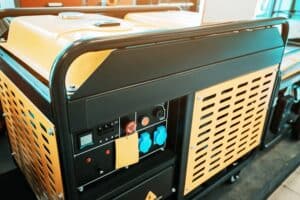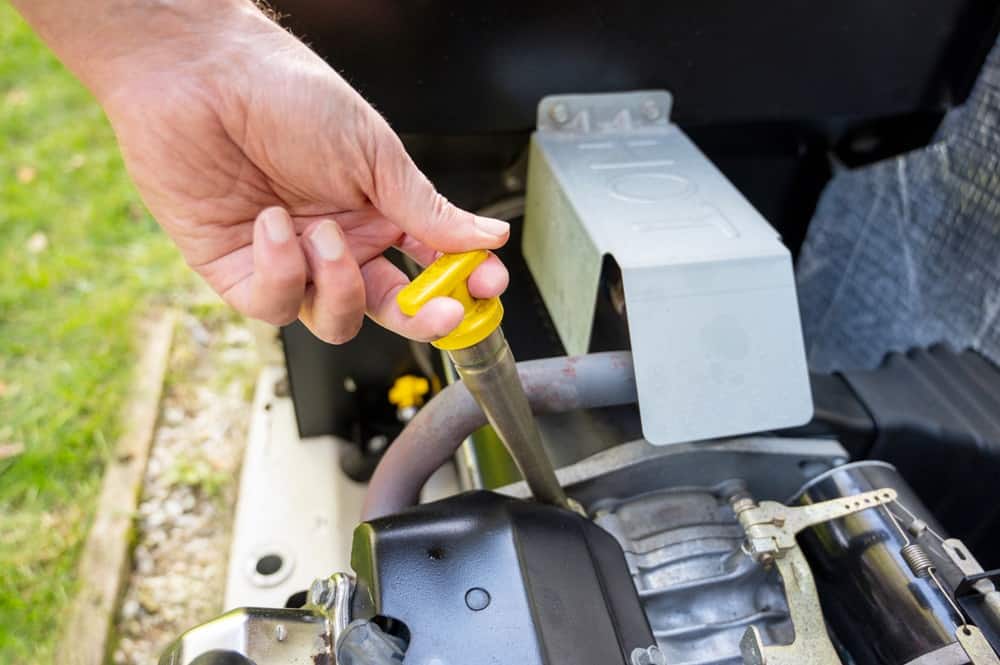Home generators ensure that your household remains powered during unexpected outages or emergencies. However, owning a generator comes with a significant responsibility: regular maintenance.
Neglecting your generator’s upkeep can lead to breakdowns, costly repairs, and even safety hazards. To help you navigate this essential aspect of generator ownership, this article will discuss valuable tips and advice on maintaining your home generator effectively.
1. Schedule An Annual Generator Inspection
Scheduling an annual generator inspection is a critical step in maintaining a generator’s performance. This inspection should be conducted by a qualified technician who can identify potential issues and perform necessary maintenance.
During this inspection, the technician will check for wear and tear, test the generator’s components, and ensure that it operates efficiently. This proactive approach helps prevent significant problems and ensures the generator is ready for use.
2. Regularly Check And Change The Oil
Like a car, a home generator requires regular oil changes to function properly. Check the oil level before each use and change it according to the manufacturer’s recommendations. Typically, oil should be changed every 50 to 100 hours of operation. Using the right type and grade of oil is crucial for the generator’s performance and longevity.
3. Keep The Air Filter Clean
A clean air filter is vital for the generator’s efficient operation. A clogged or dirty air filter restricts airflow, reducing the generator’s efficiency and potentially causing damage. Check the air filter regularly and clean or replace it as necessary. This simple maintenance task can significantly improve the generator’s performance and extend its lifespan.
4. Ensure Proper Fuel Storage And Handling
Using fresh fuel is essential for the smooth operation of a generator. Store fuel in a cool, dry place and use a fuel stabilizer to prevent degradation. Before refueling, always turn off the generator and let it cool down. This precaution prevents accidents and ensures safe handling of the fuel.
5. Inspect And Maintain The Battery

A well-maintained battery is critical to starting a generator reliably. Regularly inspect the battery for corrosion and ensure the connections are clean and tight. Keep the battery charged and replace it every two to three years or as the manufacturer recommends. This practice ensures that the generator will start when needed.
6. Keep The Generator Clean And Dry
Keeping the generator clean and dry is important for its proper functioning. Store the generator in a dry, well-ventilated area and cover it when not in use. Regularly clean the exterior to prevent dirt and debris build-up, which can lead to overheating and other problems.
7. Follow The Manufacturer’s Guidelines
Adhering to the manufacturer’s guidelines is crucial for safe and efficient generator operation. Read the owner’s manual thoroughly and follow the recommended maintenance schedule and procedures. This ensures the generator is used and maintained correctly, reducing the risk of accidents and malfunctions.
8. Understand The Generator’s Load Capacity
Knowing the load capacity of your generator is essential for its efficient and safe operation. This understanding is fundamental when considering various factors, such as powering heating, ventilation, and air conditioning (HVAC) systems, alongside other electrical appliances and devices.
Therefore, it’s critical to ensure that the combined load of the HVAC system and other connected devices is within the generator’s maximum capacity. Overloading a generator can lead to overheating and failure, potentially causing damage to the equipment and reducing its efficiency.
9. Monitor Performance During Operation
Monitoring the generator’s performance while running is essential for early detection of any issues. Pay attention to unusual sounds, vibrations, or fluctuations in power output. These signs can indicate potential problems that need immediate attention. Addressing these issues promptly can prevent further damage and ensure the generator operates safely.
10. Store The Generator Properly When Not In Use
Generally, proper generator storage is crucial for its preservation when not in use. Store the generator in a clean, dry, and well-ventilated area. Ensure that it is protected from dust, moisture, and extreme temperatures. Proper storage conditions prevent rust, corrosion, and damage affecting the generator’s performance.
11. Use Quality Extension Cords And Connections
Using high-quality extension cords and connections is vital for the safe operation of the generator. Ensure that the cords are rated for the load and are in good condition without any cuts or frays. Proper connections reduce the risk of electrical hazards and ensure efficient power transfer.
12. Be Aware Of Safety Precautions
Safety is paramount when operating a home generator. Always follow safety guidelines, such as operating the generator outdoors in well-ventilated areas to avoid carbon monoxide poisoning. Keep the generator away from flammable materials and ensure that children and pets are kept at a safe distance. Being aware of these safety precautions protects both the users and the generator.
13. Educate Yourself On Generator Types
Understanding the different types of generators available is beneficial for proper maintenance. Other generators, such as portable, standby, or inverter generators, have unique maintenance needs. Familiarize yourself with the type of generator you own and the specific maintenance it requires. This knowledge helps provide the proper care and keep the generator in optimal condition.
14. Know When To Call A Professional
While homeowners can perform many maintenance tasks, sometimes calling a professional is best. If the generator is experiencing unusual noises, vibrations, or other issues, seek the help of a qualified technician. Professional servicing ensures that complex problems are addressed correctly and safely.
Conclusion
Maintaining a home generator is not just about regular checks and repairs; it’s about understanding its operation, load capacity, and the safety precautions required. By being knowledgeable about your generator and following these tips, you can ensure its efficiency, reliability, and longevity. Remember, a well-maintained generator is a dependable power source during emergencies, providing peace of mind and security.

Recent Comments